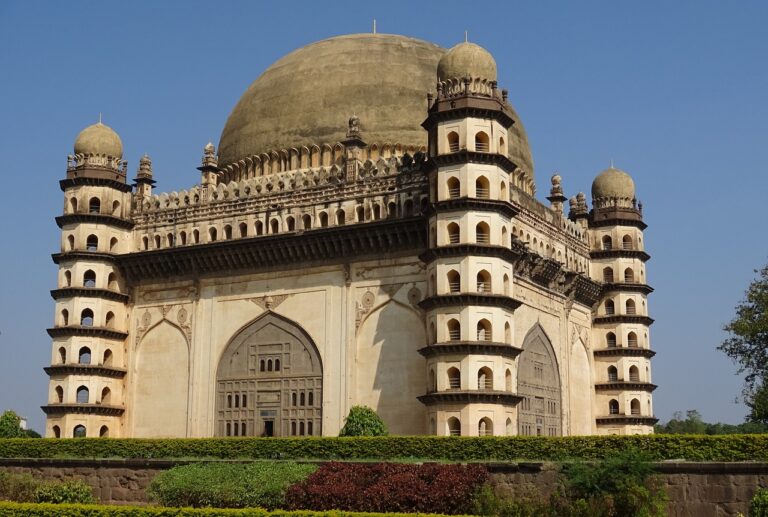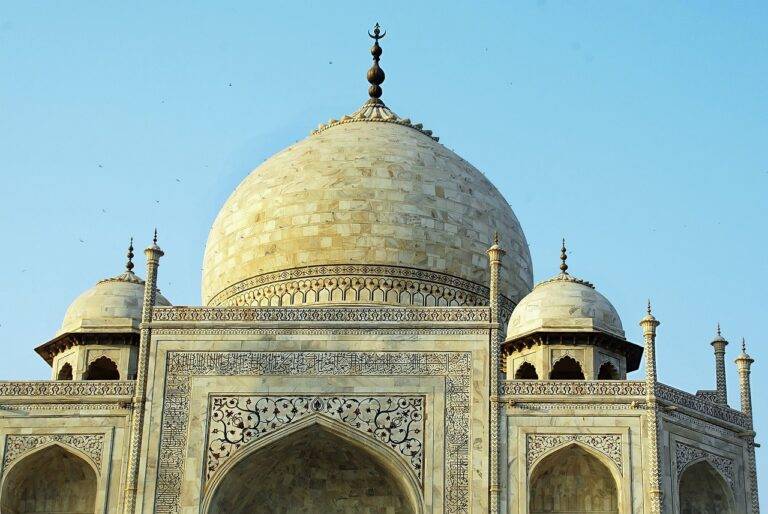Strategies for Engaging Voters with Limited Internet Access
11x bet login, india24bet login, sky fair: In today’s fast-paced world, voter turnout in elections has become a crucial topic of discussion. Many factors influence the decision to participate in the democratic process, ranging from political campaigns to social media outreach. However, one often overlooked factor that significantly impacts voter turnout is historical memory.
Historical memory refers to the collective recollection of past events and experiences within a society. It shapes our understanding of the present and influences our perceptions of the future. When it comes to voter turnout, historical memory can play a vital role in motivating individuals to participate in elections.
Throughout history, certain events have had a profound impact on communities and nations. These events range from wars and revolutions to social movements and political milestones. The memories of these events can remain ingrained in the collective consciousness of a society, shaping its values, beliefs, and behaviors.
One way in which historical memory influences voter turnout is through a sense of civic duty. In many countries, citizens have fought long and hard for the right to vote. From suffragettes demanding women’s suffrage to civil rights activists fighting against discrimination, the struggle for voting rights has been a central theme in many historical narratives.
As a result, individuals who are aware of this history may feel a greater sense of responsibility to exercise their right to vote. They understand the sacrifices made by their ancestors and recognize the importance of participating in the democratic process to honor their legacy.
Moreover, historical memory can also influence voter turnout by shaping political attitudes and beliefs. Events such as economic crises, political scandals, or social movements can leave a lasting impact on how individuals perceive their government and elected officials.
For example, a country that has experienced a turbulent period of corruption and instability may have citizens who are more motivated to vote for change and accountability in subsequent elections. The memory of past injustices or failures can drive individuals to take action at the ballot box and hold their leaders accountable for their actions.
Additionally, historical memory can serve as a source of inspiration and mobilization for voter turnout. When individuals remember past movements or leaders who have brought about positive change, they may be more inclined to participate in elections to support candidates who align with those values.
For instance, the memory of Martin Luther King Jr.’s civil rights movement in the United States continues to inspire generations of voters to advocate for equality and justice at the polls. By drawing on these historical lessons, individuals can find the motivation to engage in the political process and work towards a better future for their communities.
In conclusion, historical memory plays a significant role in voter turnout by shaping civic duty, political attitudes, and mobilization efforts. By acknowledging the impact of past events on society’s values and beliefs, individuals can better understand the importance of participating in elections and exercising their democratic rights.
FAQs:
1. How does historical memory differ from personal memory?
Historical memory refers to the collective recollection of past events within a society, while personal memory is an individual’s memory of their own experiences.
2. Can historical memory change over time?
Yes, historical memory is dynamic and can be influenced by new information, cultural shifts, and reinterpretations of the past.
3. How can historical memory impact voter turnout in democratic societies?
Historical memory can motivate individuals to participate in elections by instilling a sense of civic duty, shaping political attitudes, and inspiring mobilization efforts for social change.







